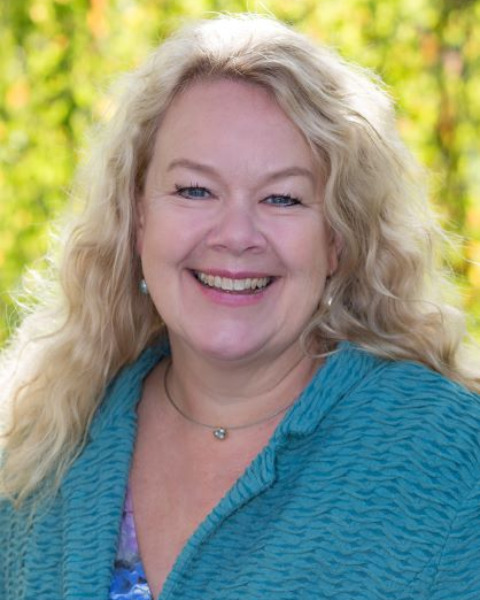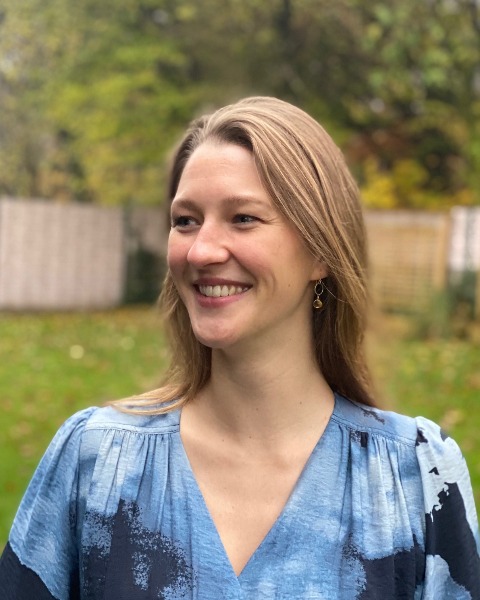Health Sciences
Dementia-Friendly Environments in the Community – An International Perspective on Concepts and Interventions
-

Karin Wolf-Ostermann, PhD, FGSA (she/her/hers)
Professor
Human and Helath Sciences
University of Bremen
Bremen, Bremen, Germany -
HV
Hilde Verbeek, PhD
Professor
Living Lab in Ageing and Long-Term Care
Maastricht University
Maastricht, Limburg, Netherlands -
.jpg)
Marie Boltz, PhD, FGSA, FAAN (she/her/hers)
Professor
Nese College of Nursing
Pennsylvania State University
State College, Pennsylvania, United States -

Karin Wolf-Ostermann, PhD, FGSA (she/her/hers)
Professor
Human and Helath Sciences
University of Bremen
Bremen, Bremen, Germany -

Katharina Rosteius, MSc (she/her/hers)
Doctoral Student
Health Services Research
Maastricht University
Maastricht, Limburg, Netherlands -
HV
Hilde Verbeek, MSc (she/her/hers)
professor
Health services research
Maastricht university
Maastricht, Limburg, Netherlands -

Janissa Altona, M.A. (she/her/hers)
Research Associate
Human and Health Sciences
University of Bremen, Institute of Public Health and Nursing Research
Bremen, Bremen, Germany
Chair(s)
Co-Chair(s)
Discussant(s)
Individual Symposium Abstract First Author(s)
Dementia is one of the major age-related societal challenges and causes enormous demands for persons living with dementia (PlwD). Although dementia is one of the major reasons for relocation into a nursing home, most PlwD want to live as long as possible in a familiar domesticity. Therefore, innovative care concepts for community-dwelling PlwD are being developed worldwide as alternative to traditional long-term care settings. Efforts are made to learn more about dementia-friendly environments in order to improve quality of care and quality of life of PlwD. This international symposium will therefore provide four presentations as well as a concluding discussion addressing new concepts for innovative care environments and measuring dementia-friendliness of the built environment as well as nonpharmacological interventions to support high quality person-centred care.
The first presentation explores the functions of 24-hour green care farms as alternative to nursing homes and how these can be transferred to other care settings. The second presentation discusses the impact of moving from traditional care environments to innovative care settings for residents and staff. The third presentation presents results of a cluster randomized controlled trial in German shared housing arrangements where a complex nonpharmacological intervention led to significantly less hospital admissions for PlwD. And the final presentation describes an innovative approach to evaluate the wayfinding infrastructure in urban areas for PlwD and to promote dementia-friendliness in urban living structures. The discussant will synthesize the research findings and lead a discussion of research implications and future directions for policy and practice.
Learning Objectives:
- - To gain an understanding of innovative care and support concepts in dementia caregivin
- - To gain an understanding of possible innovative nonpharmacological approaches to improve quality of life for PlwD
- - To discuss the physical, social and organizational components of a care environment and how to apply these in everyday care practice
Presentations:
-
4:30 PM - 6:00 PM ETReducing Hospital Admissions for People Living With Dementia—Results From the German DemWG-Study
Individual Symposium Abstract First Author: Karin Wolf-Ostermann, PhD, FGSA (she/her/hers) – University of Bremen
-
4:30 PM - 6:00 PM ETWhat Can Other Dementia Care Settings Learn From Green Care Farms? An Exploration of Their Functions and Forms
Individual Symposium Abstract First Author: Katharina Rosteius, MSc (she/her/hers) – Maastricht University
-
4:30 PM - 6:00 PM ETExperiences of Staff Members Relocating From a Nursing Home to an Innovative Living Arrangement for Older Adults
Individual Symposium Abstract First Author: Hilde Verbeek, MSc (she/her/hers) – Maastricht university
-
4:30 PM - 6:00 PM ETEvaluating Wayfinding Infrastructures for People Living With Dementia—The 360 Degree Maps Study DenHB
Individual Symposium Abstract First Author: Janissa Altona, M.A. (she/her/hers) – University of Bremen, Institute of Public Health and Nursing Research
